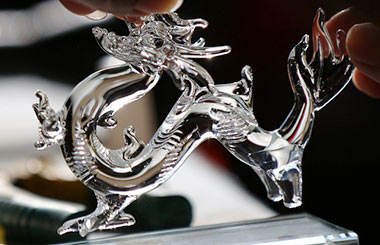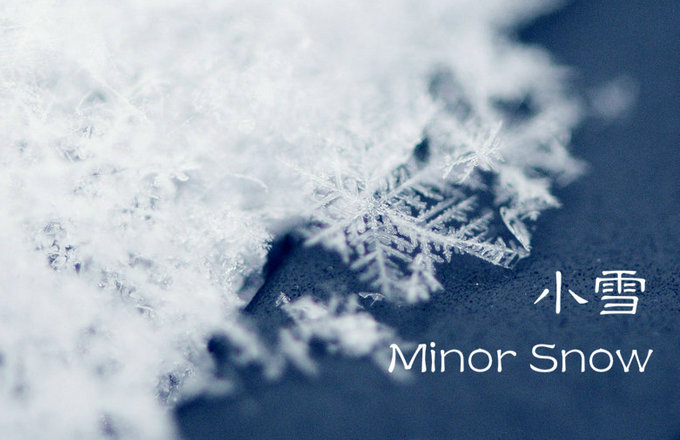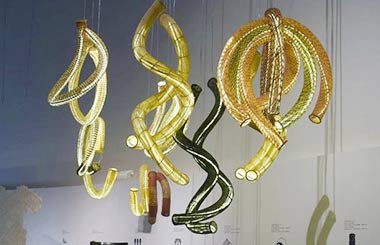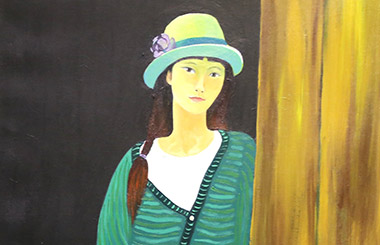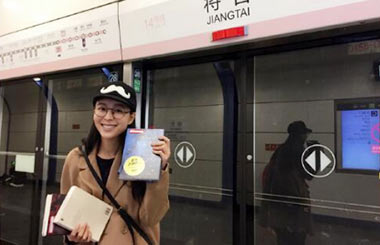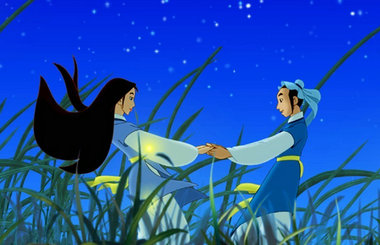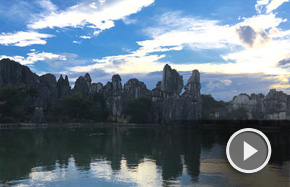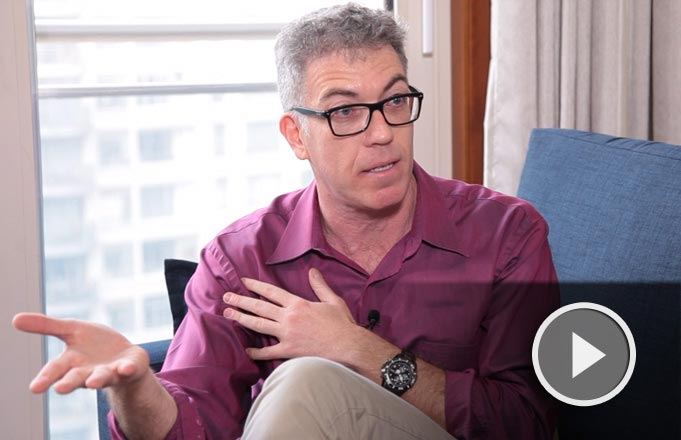BBC broadcaster's Chinese history stories
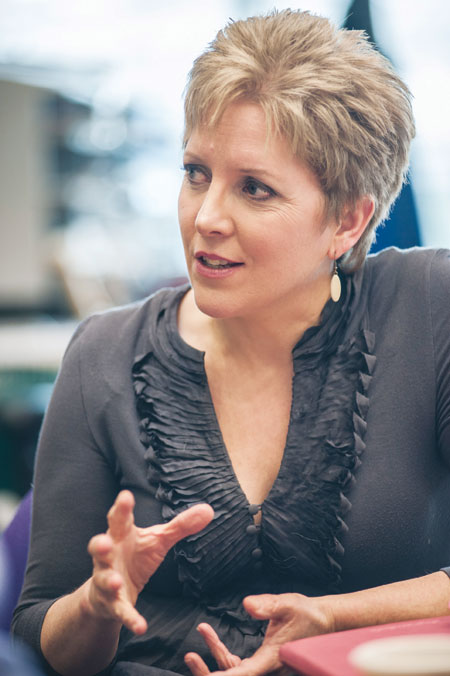 |
|
Carrie Gracie tells the story of China in a 10-part radio series through the prism of key individuals. Nick JB Moore / for China Daily |
A BBC broadcaster says Chinese people aren't as familiar with their pasts as many believe. Andrew Moody reports.
Emmy-award winning broadcaster Carrie Gracie does not believe China is as uniquely shaped by its history as is often assumed.
"I think Chinese people live with the ghosts of their past in the same way as we might live with the Tudors or the Stuarts," she says.
"I feel that British people - and I am a British person - also have this sense that history is part of our present. All of Shakespeare is embedded in our contemporary language, isn't it?"
Gracie - still heavily made up - was speaking in the open-plan newsroom in BBC Television Center in London after her regular morning stint as a presenter of BBC News, the 24-hour domestic news channel.
Chinese history has been a recent focus of the former BBC Beijing bureau chief since she has just completed a 10-part series, China: As History Is My Witness for BBC Radio 4 in the UK, which is now available as a podcast.
The presenter, who is separated from her Chinese rock musician husband but has two children who are half-Chinese, hopes many will listen to the series in China but thinks it a myth Chinese people are obsessed with their history.
"People will tell you in China they have got an immensely long and magnificent history but they don't know much about it in my experience," she says.
Gracie, who witnessed such key moments in Chinese recent history as the former leader Deng Xiaoping's funeral and the return of Hong Kong in 1997, tells the story of China in the radio series through the prism of key individuals.
These include the great historian Sima Qian of Western Han Dynasty (206 BC-AD 24), Yuan Dynasty (1271-1368) founder Kublai Khan, Tang Dynasty (AD 618-907) poets Li Bai and Du Fu, and China's first emperor Qinshihuang of Qin Dynasty (221-206 BC) with Terracotta Warriors fame.
"You can say a lot through particular characters, if you choose them carefully. I wanted to drive home how the past relates to the present but not in an over-pedantic way."
Gracie says she deliberately avoided taking a chronological approach because Chinese history is so dauntingly long.
Gracie spent three weeks in China for the series but did a number of interviews with China experts before setting off.
Gracie was educated in Scotland before eventually going to Oxford to study philosophy, politics and economics.
Her first China connection came as a result of musing about what to do after graduation.
"When I was finishing university, I was thinking of cycling from Paris to Beijing. That didn't come off but in the process of thinking about it, I got interested about China," she says.
This eventually led to her studying Chinese at the Polytechnic of Central London (now Westminster University) and becoming Beijing correspondent for BBC World Service in 1991.
"Even then (in Beijing), I didn't really speak Chinese. I was shocked by the fact I had spent years and years slaving at it but was still so incompetent speaking it. I then had a Chinese lesson at 8 am before work which was the most exhilarating, bracing mental wake-up, and I got to the point where I cracked it."
She went on to become the BBC's Beijing bureau chief and covered some of the country's major events.
"If you asked me what my favorite China reporting memories were, they would not be these set-piece events. I would say my favorite times have been those with ordinary Chinese."
She won Emmy and Peabody awards for filming people in White Horse village in Wuxi county in Chongqing.
The filming took place over six years and Gracie says she will return to it time and again in future.

"I think urbanization is the biggest story in China because it is transforming everybody's lives, economically, socially and politically," she says.
"There is a complete passing of a way of life that had been there for thousands of years. It is like a Thomas Hardy novel and I wanted to bring that sense of the end of one era and the beginning of another one."
She says what she has tried to do with her latest history series and with the White Horse village films is break down this mystique about China and the myth that the country can only be understood by Sinologists.
"If there is anything I have wanted to do with my China coverage is to end that idea that there is this impenetrable difference between Chinese people and the rest of us and bring them to the microphone and camera so you get the essence of them," she says.
"Their concerns are the same. They are not in any way different."
Contact the writer at andrewmoody@chinadaily.com.cn






